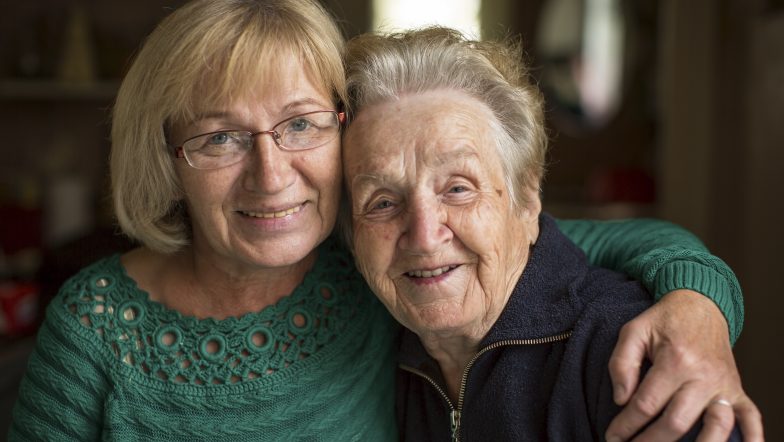
Ending elder abuse through Health Justice Partnerships
Bringing the legal and health sectors together to end elder abuse.
Justice Connect has established several health justice partnerships (HJPs) in Victoria and NSW to help older people experiencing elder abuse and other legal issues.
What is elder abuse?
Elder abuse is where someone an older person expects they can trust acts in a way to cause the older person harm or distress. This might be a friend or family member, or a health or aged care worker. This abuse might take various forms – physical, sexual or psychological abuse, neglect or financial abuse.
Legal help can make a big difference to people at risk of elder abuse. However, many older people seek advice very late, when responses can be costly, difficult and stressful. There are lots of reasons someone may seek legal help late, such as social isolation, lack of knowledge about legal services, and lack of understanding that a problem they are experiencing has a legal solution.
What is a Health Justice Partnership?
Health Justice Partnerships are when a lawyer is embedded in a healthcare setting to reach out to people who may need legal help and not know it.
Many people view legal problems as life problems. They may not be able to afford a lawyer, or they may not know they need a lawyer in the first place. Instead, they’re more likely to talk to someone they trust, like their doctor, nurse, or physio.
By training healthcare professionals to identify potential legal risks or issues, we can empower them to refer clients to free legal help. Getting the right legal help at the right time has positive benefits for the entire community, as well as great health and well-being outcomes for our clients.
Who do we work with?
In Victoria, we partner with cohealth, a community health centre in Melbourne’s north-west, Caulfield Hospital (part of Alfred Health), and with St Vincent’s Hospital in Fitzroy.
In NSW, we partner with St Vincent’s Health Network Sydney (incorporating St Joseph’s Hospital, a sub-acute hospital in Sydney’s west and St Vincent’s Hospital in Darlinghurst), and Uniting War Memorial Hospital in Waverley.
By incorporating a lawyer into a health care team, the partners aim to improve legal and health outcomes for older clients by:
- minimising the incidence and impact of elder abuse
- articulating and demonstrating a Health Justice Partnership model of practice
How do I start a Health Justice Partnership?
The HJP Toolkit has been created as a general guide to lawyers, health and welfare practitioners interested in setting up an HJP. The HJP Toolkit introduces the concept and provides a step-by-step guide for establishing an HJP, drawing upon recent Australian experiences.
We’ve included case studies as practical examples for each step. We’ve also included contact details to open conversations between those in the early stages of starting an HJP and those who have implemented a partnership.
Download our Health Justice Partnership Toolkit
Read our reports
